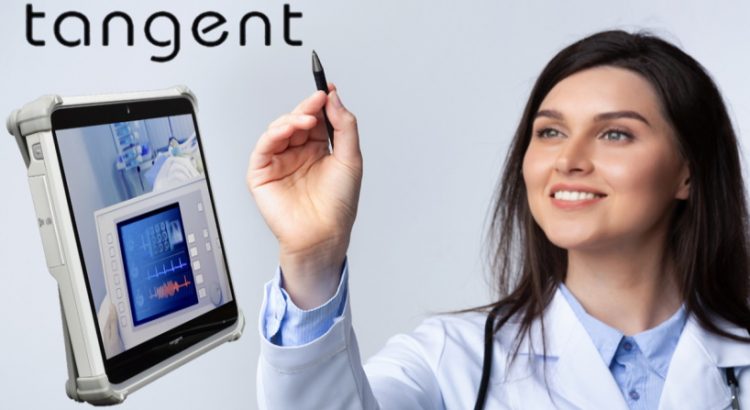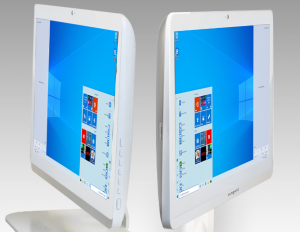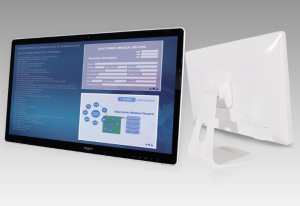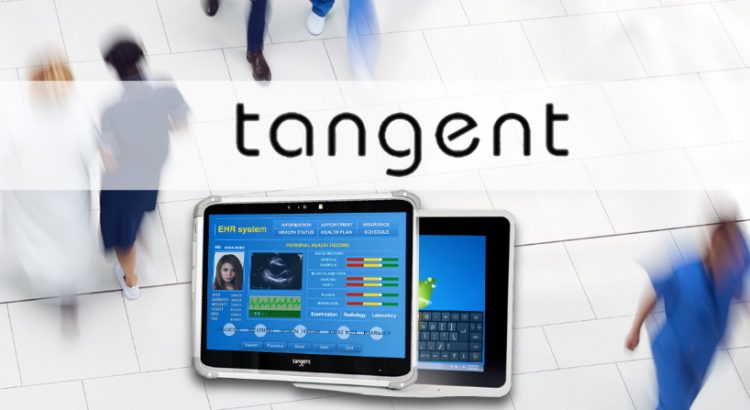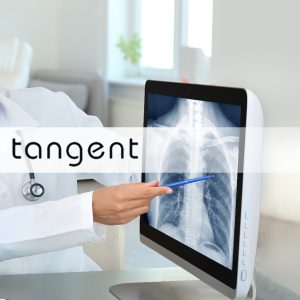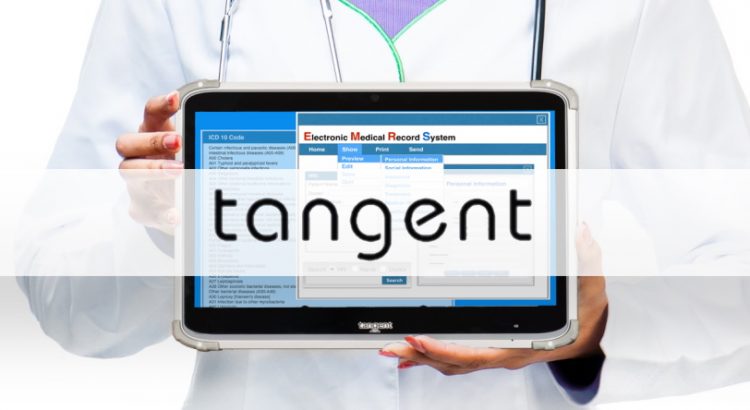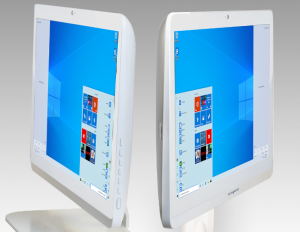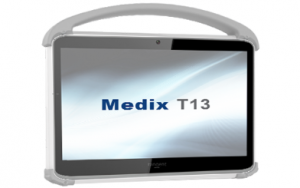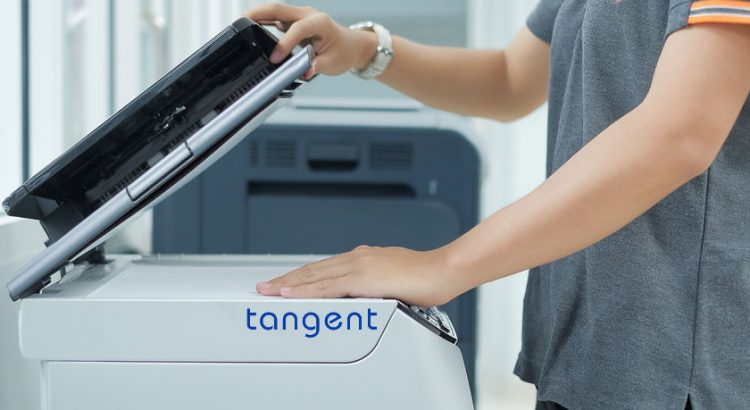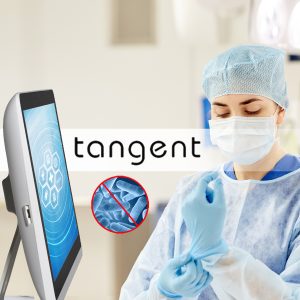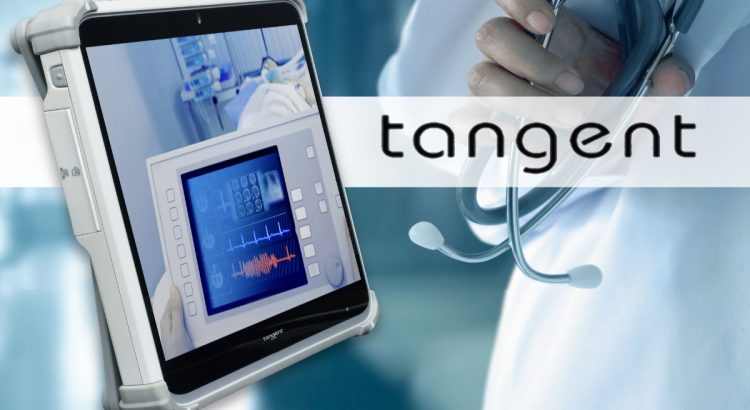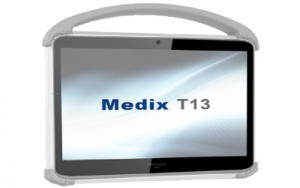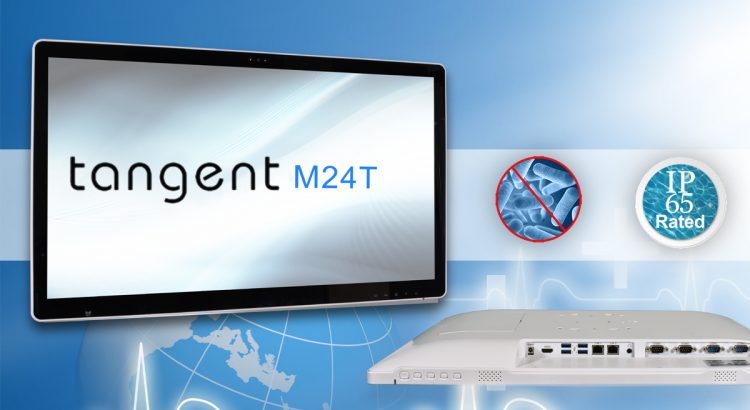Near the beginning of this pandemic, bold actions by the federal government, health insurance companies, and hospitals led to loosening restrictions and greater access to telehealth services. What transpired was a new telehealth ecosystem that saw dramatic increases in the use of medical computers by doctors to have virtual appointments with patients. The rise in telehealth use coincided with a rise in patients satisfaction with the service, which helped keeped at-risk patients from having to enter hospitals. Now, some of these pandemic related waivers have ceased. Here’s what’s recently changed:
Non-Pandemic Related Telehealth Appointments No Longer Covered
Health insurance companies like Anthem and UnitedHealthcare helped their customers during the early days of the pandemic by agreeing to reduce the cost to patients of telehealth appointments. This allowed patients with chronic illnesses that could put them at higher risk for transmission in the hospital setting to simply not go into hospitals. Remote monitoring systems also aided patients by allowing them to remotely monitor levels like blood sugar for their doctors to go over in telemedicine appointments.
Now, these cost reductions are over. Patients who use telehealth appointments for non-pandemic related illnesses will have to start paying their co-payments and deductibles once more. Make sure that your hospital’s patients know about this change well in advance of their next telehealth appointment.
Can Hospitals Still Use Telemedicine?
The short answer is: yes! Hospitals are still cleared to use medical computers for telemedicine appointments. Virtual appointments still have their place in the current moment as a third wave of the pandemic appears on the horizon.
However, with patients once again incurring costs associated with patients, some at-risk patients may be reluctant to schedule appointments. It’s important to consider the financial situation of patients during this time, especially considering those with chronic ailments are more likely to be negatively impacted by the pandemic.
Whenever possible, try to reduce the costs for these patients or bring the cost inline with other, traditional appointments.
Telehealth In The Hospital
While using telehealth on medical grade computers in the hospital has gotten a bit more complicated, it still provides an essential service to both doctors and hospitals. Mounting public pressure may change the course of health insurance companies to reinstate their waivers. But even if the waivers are not reinstated, telehealth can still be used by hospitals and patients to help keep everyone in the community safe.
Be Safe With Tangent
Telehealth, in some form or another, will continue to be of use in the medical field. A pandora’s box has been opened, and closing it simply isn’t practical. Patients are finding that telehealth appointments are easier than in-person visits and enjoy the experience. You can help make these virtual visits even more enjoyable to your patients by employing the use of Tangent’s Medical Computers for telehealth. Learn more by contacting Tangent Sales Today.
